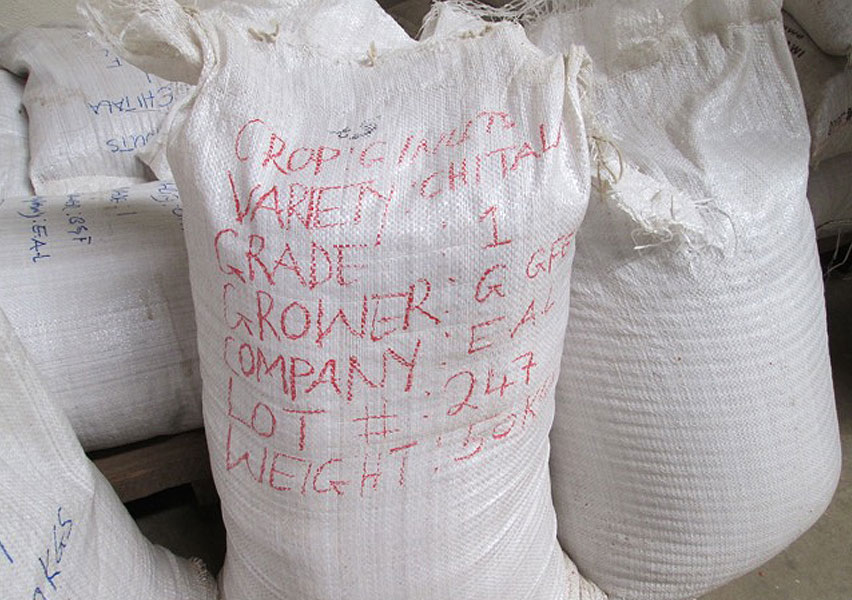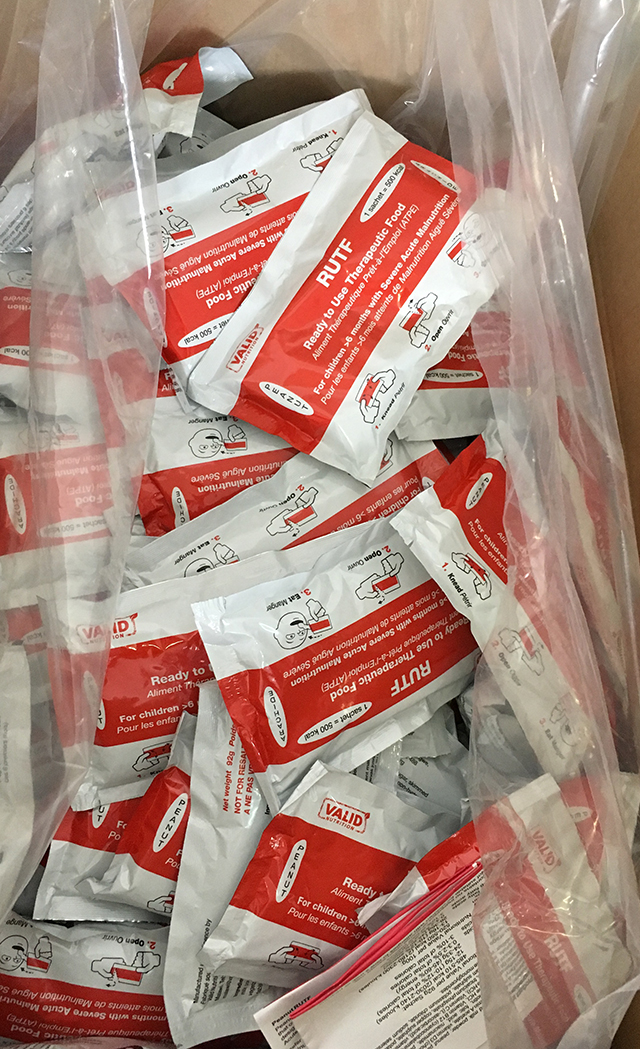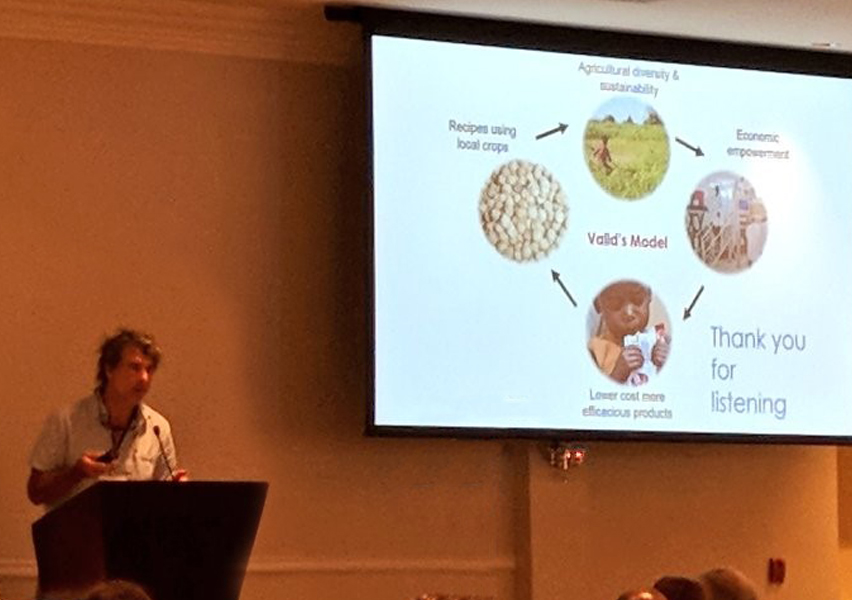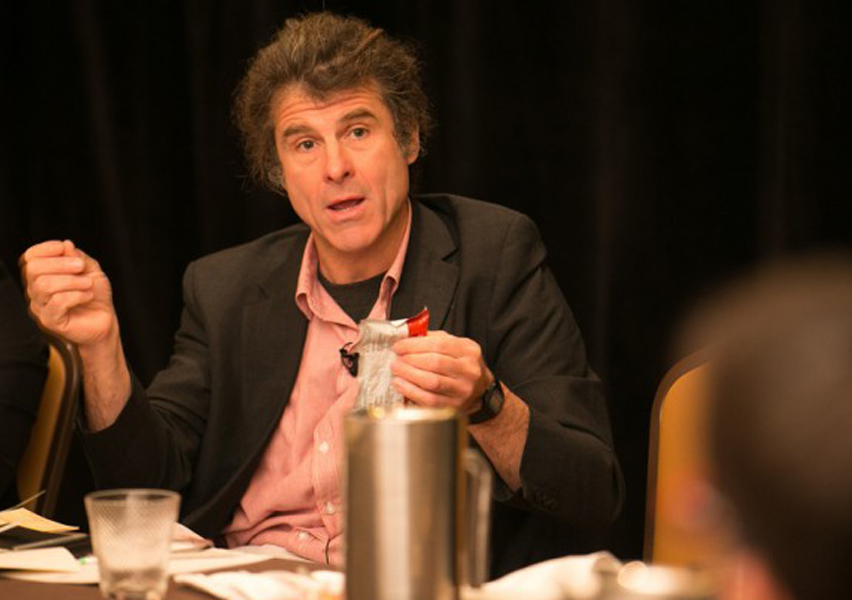MALAWI:
The VALID Nutrition charity has been instrumental in pioneering the establishment of local manufacturing capacity for the production of ready-to-use foods (RUTs), in developing countries requiring them.
This effort commenced in 2005, when VALID first set up our own factory in Malawi to research and manufacture ready-to-use foods, with the aim of treating and preventing malnutrition whilst directly maximising social and economic impact. Despite its modest size, the success of the local factory in Malawi represented the ‘proof of concept’ that VALID’s local production (‘farm-to-mouth’) model is a long-term and sustainable approach to tackling malnutrition. Our factory provided clear evidence of the broader developmental value and impact of what we do – compared to manufacturing RUFs in Europe or the USA.

INDIA & KENYA
Based on our experience in Malawi, VALID Nutrition has also collaborated with both Amul Dairy (India) and INSTA Products Ltd. (Kenya) – providing technical support to each with the establishment of their state of the art, ready-to-use foods factories in India and Kenya respectively. VALID’s aim here is to stimulate and reform the global ready-to-use food market in a progressive way, by introducing significant competition and ensuring additional social and economic impacts through local sourcing and production. In the case of Amul, the particular relevance of location is that India accounts for 40% of all cases of severe acute malnutrition globally.
Amul is an Indian dairy cooperative based in the state of Gujarat. Like VALID, it is a social enterprise and was formed in 1946 by the Kaira District Co-operative Milk Producers’ Union. The Gujarat Co-operative Milk Marketing Federation Ltd. (GCMMF) was then created to manage the Amul brand and market the co-operative’s products. Today, the Kaira District Co-operative Milk Producers’ Union is jointly owned by 3.6 million local milk producers in Gujarat. Some 70% of producer members are small, marginal farmers and landless labourers, including a sizeable population of people belonging to tribal groups and scheduled castes (historically marginalised groups). Amul drove India’s White Revolution, which made the country the world’s largest producer of milk and milk products. It is now the largest food brand in India and sells many of its products in markets overseas.
For more information, please visit their websites: http://www.amuldairy.com/ and http://www.amul.com/


Dr Steve Collins reflects on the opportunities and problems associated with the USD$250 million contribution announced by Administrator, Samantha Power of USAID – a positive catalyst for change?

VALID commissioned and achieved peer-review of a professional report to quantify objectively the overall climate impact profile of the amino-acid enhanced, plant-based RUTF recipe. It has found that the overall global warming potential impacts of the plant-based RUTF recipe are 47%-52% less than the milk-peanut based recipe.

Dr Steve Collins gives a hugely informative and enlightened interview to ENN podcast while discussing his candid Reflections on the UN Global Action Plan on Wasting.
